ریسه نواری نچرال 12 ولت تراکم 120
ریسه LED نواری سفید 12 ولت با تراکم 120 پیکسل در هر متر، یکی از محصولات برجسته در نورپردازی داخلی و خارجی است. این ریسه به دلیل ویژگیهای فنی منحصر به فرد و قابلیتهای متعدد، برای انواع پروژههای نورپردازی مناسب میباشند.
مزایای استفاده
یکی از مزایای اصلی ریسه LED 12 ولت، کارایی بالا و مصرف انرژی کمتر است. این ریسهها با تراکم بالا و مصرف کم، نوری پرقدرت و یکنواخت ایجاد میکنند. همچنین، این ریسهها دارای درجه حفاظت IP65 هستند که به معنی مقاومت در برابر آب و گرد و غبار است و امکان استفاده در محیطهای خارجی را نیز فراهم میکند. این ویژگی باعث میشود که ریسهها در برابر شرایط محیطی مختلف به خوبی عمل کنند.
کاربرد و نصب ریسه نواری نچرال 12 ولت تراکم 120
ریسههای LED 12 ولت به دلیل انعطافپذیری بالا و قابلیت برش و اتصال مجدد، نصب آسانی دارند. این ریسهها میتوانند به راحتی در طولهای مختلف بریده شوند و مجدداً به یکدیگر متصل شوند، که این امر نصب آنها را در مکانهای مختلف از جمله تابلوهای تبلیغاتی، نورپردازی ساختمانها و دکوراسیون داخلی بسیار ساده میکند. وجود چسب پشت ریسه نیز نصب آنها را روی سطوح مختلف بسیار آسان میسازد.
دوام و کیفیت
ریسههای LED 12 ولت با عمر مفید بالای 50,000 ساعت و کیفیت ساخت بالا، گزینهای مطمئن و پایدار برای نورپردازی بلندمدت محسوب میشوند. این ویژگیها ریسه LED 12 ولت را به یک انتخاب مناسب برای انواع پروژههای نورپردازی تبدیل کرده است. همچنین، این ریسهها با داشتن درجه حفاظت IP65، مقاوم در برابر گرد و غبار و رطوبت هستند که این ویژگی آنها را برای استفاده در محیطهای مختلف مناسب میکند.
نتیجهگیری
ریسه LED نواری سفید 12 ولت با تراکم 120 پیکسل در هر متر، به دلیل ویژگیهای فنی برتر، کارایی بالا، نصب آسان و کاربردهای متنوع، یکی از بهترین انتخابها برای انواع پروژههای نورپردازی میباشد. این ریسهها میتوانند نوری یکنواخت و با کیفیت ارائه دهند و محیطی دلنشین و روشن ایجاد کنند. از این رو، این محصول به عنوان یک گزینه ایدهآل برای استفاده در محیطهای مسکونی، تجاری و دکوراتیو مطرح است.
ویژگیهای ریسه نواری نچرال 12 ولت تراکم 120
تراشه ال ای دی : 2835
ولتاژ ورودی: DC 24v
درجه حفاظتی: IP20
رنگ نور: 4000 کلوین
اتصال به دیمر: دارد
توان مصرفی : 10 وات
قابلیت برش هر ال ای دی: هر 8 میلیمتر
پشت چسب قوی و نصب راحت
تکنولوژی بدون سیم
جهت دریافت مشاوره رایگان قبل خرید می توانید با شماره های زیر تماس حاصل فرمایید.
021-66483676


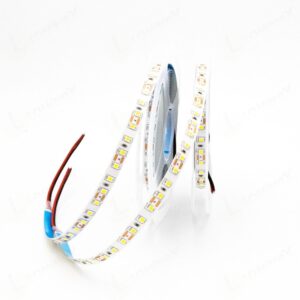
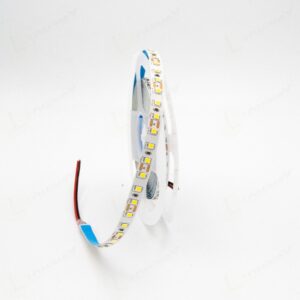
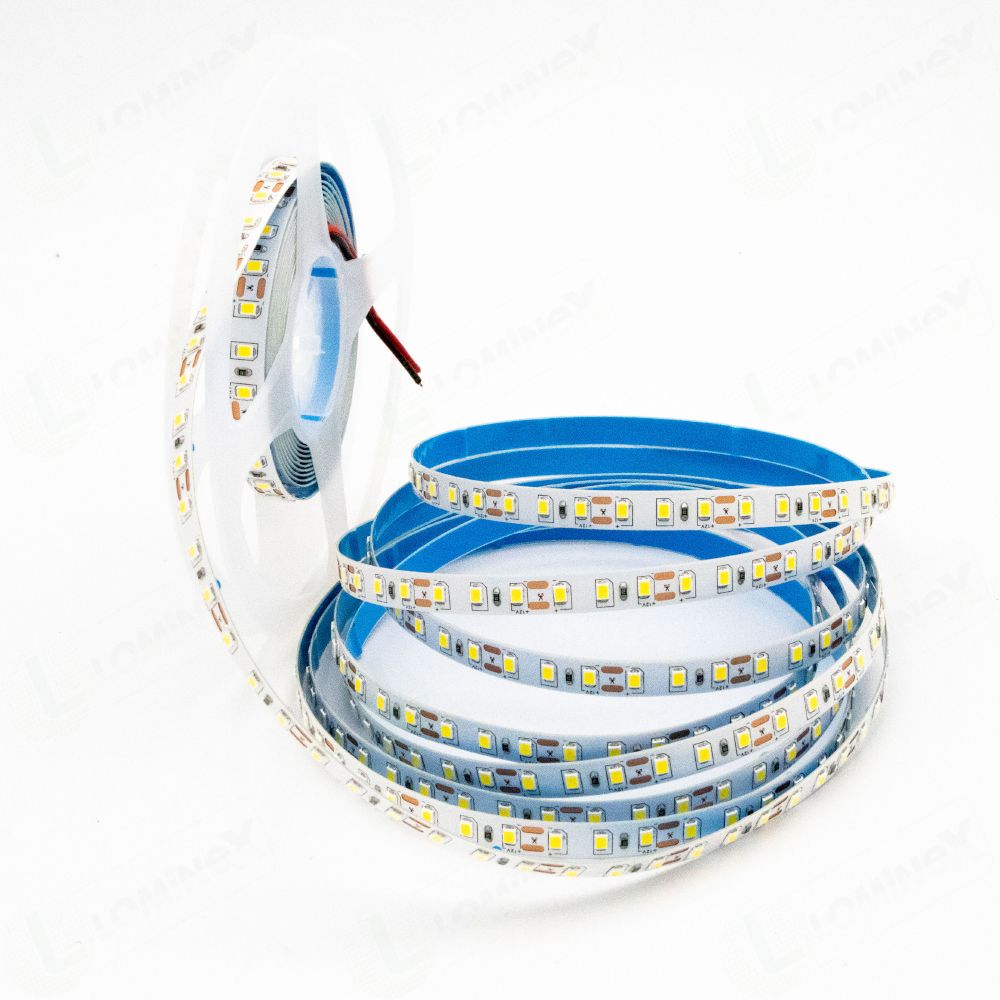
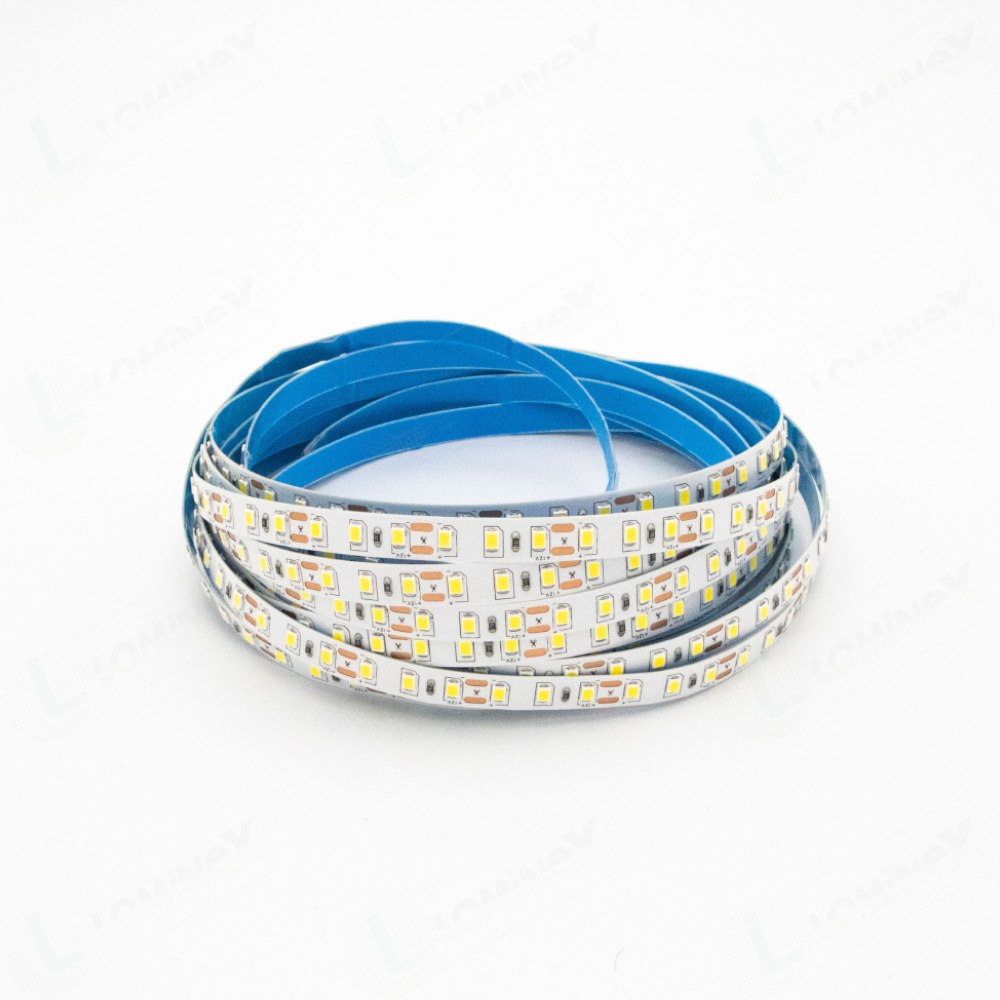
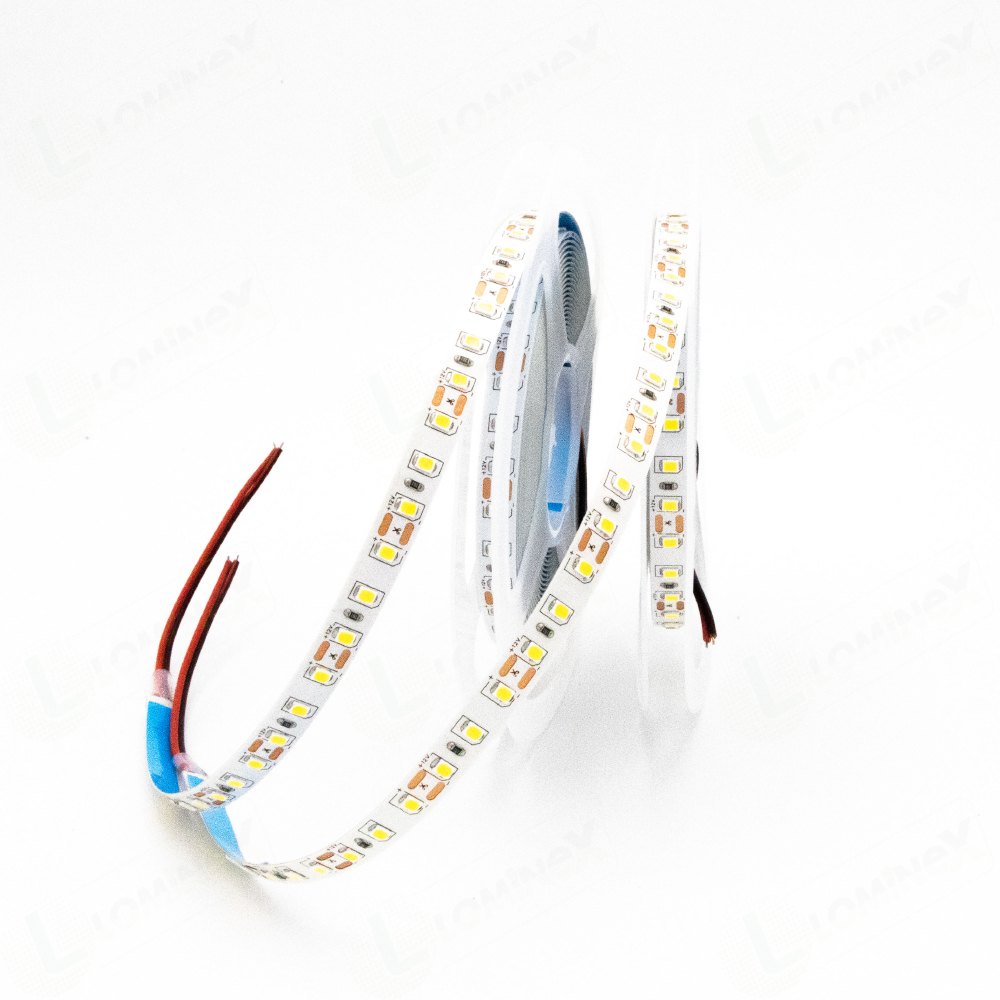
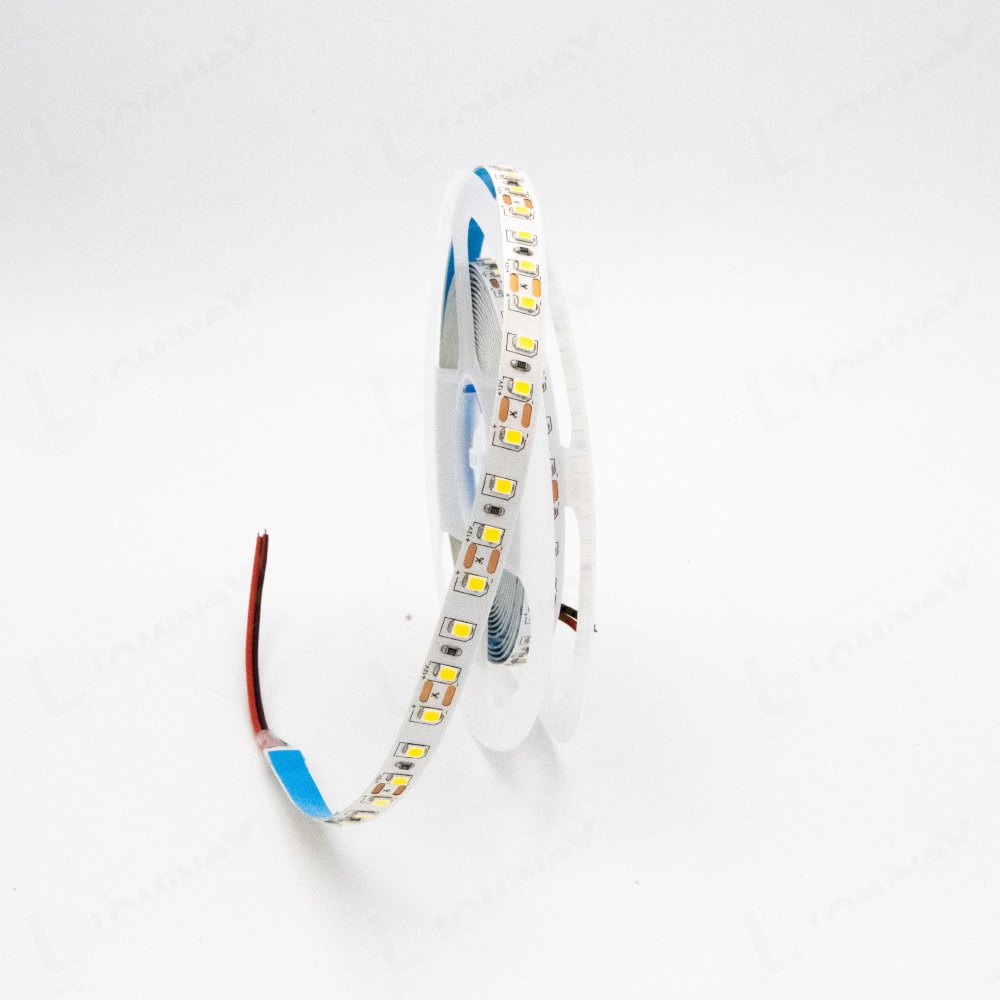
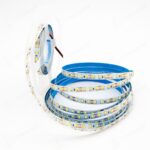
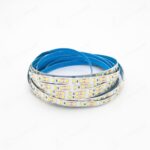
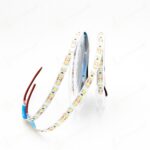
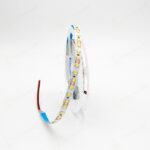
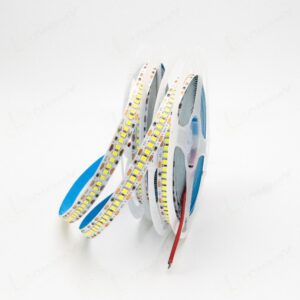
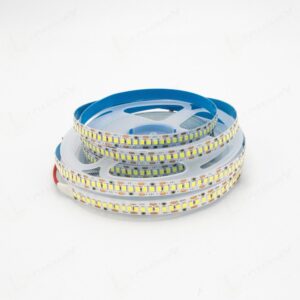
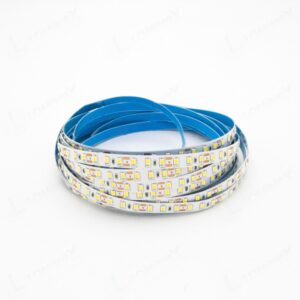
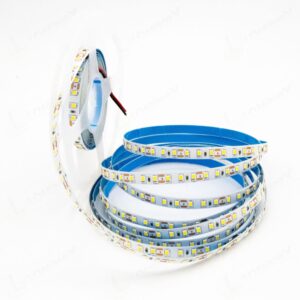
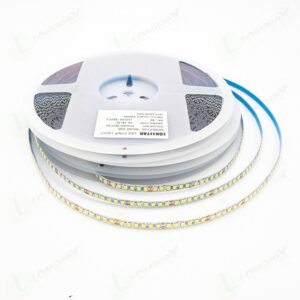
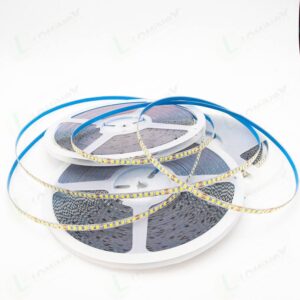
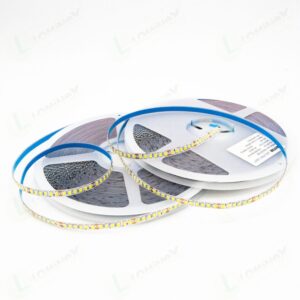
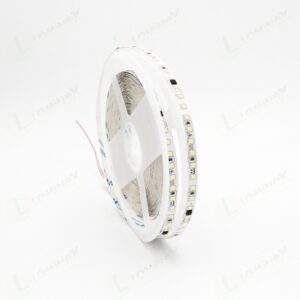
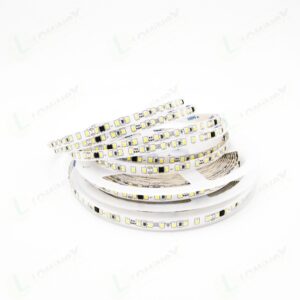
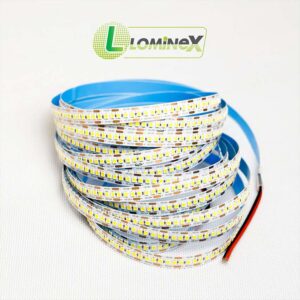
نقد و بررسیها
هنوز بررسیای ثبت نشده است.